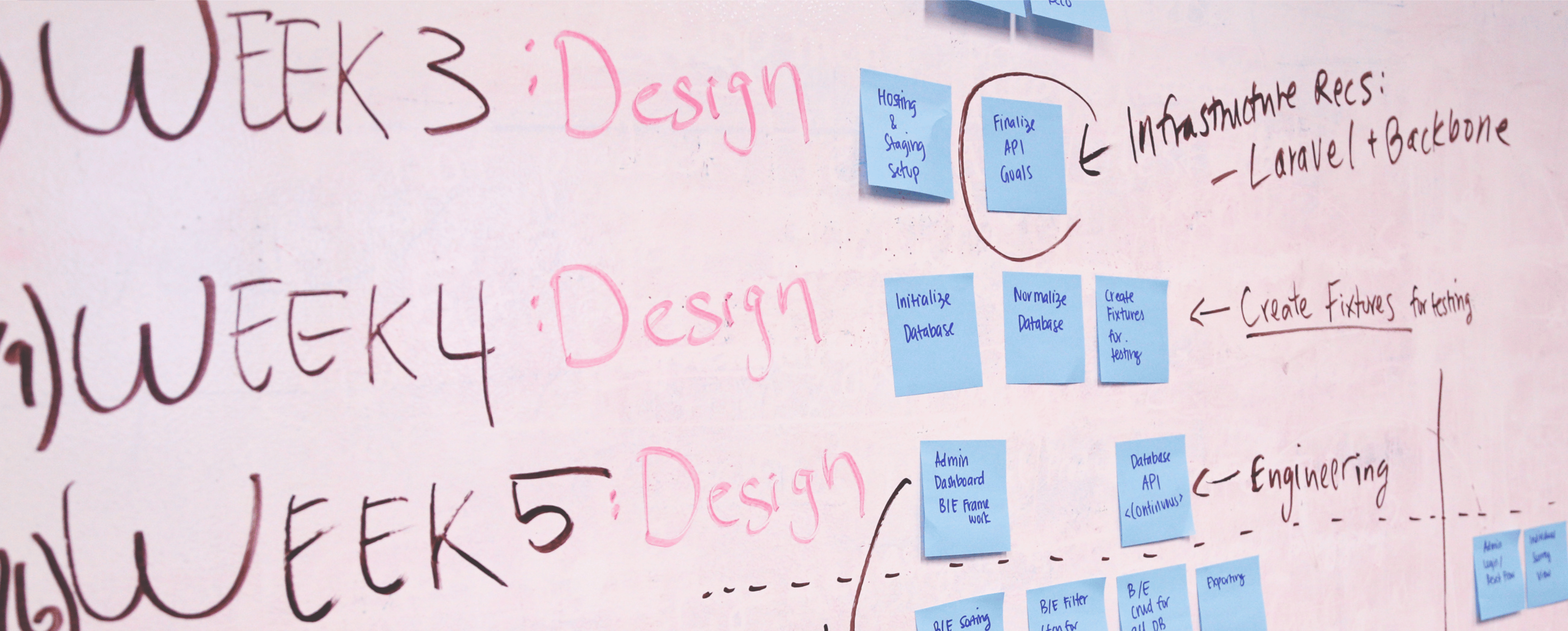Is Laravel in demand in 2025?
Laravel was initially released in June of 2011, and since then, it’s only gained popularity to become the go-to for development teams the world over. It’s one of the tools we regularly reach for when trying to solve your business challenges and something we’re staunch advocates for. (So much so that we’re on the Laravel Advisory Board!) As such, it should be a no-brainer why Laravel is in demand in 2025.
Why is Laravel still popular?
We’ve raved before about its simplicity and dependability. But for 2025, we’re going to dive a bit more into the areas modern businesses should focus on when trying to choose a platform and how Laravel really stands out.
Advanced content
Developers are trying to do more now than ever before. Forget simple websites, most businesses want full web apps with layers of functionality. So it’s really important to have a platform that can keep code clean and easy to follow when you’re making complex UX with RT elements and fast performance.
Speed
Speaking of speed, Laravel is known for performance optimisation. It’s one of the fastest PHP frameworks on the market with route caching, query optimisation and asset minification as standard. It’s also easy to use, so your devs can write and execute code more rapidly, bringing the whole project time down as well.
Flexibility & scale
It can also ramp up to cover whatever size organisation you have and you’re never paying for more than you need. Coverage for horizontal scaling and support for peak-time caching is a big performance factor when we’re recommending platforms and Laravel has this out of the box.
Maintenance
It’s also easy to maintain. You’ve got version control and a modular structure as standard. So, if integrations break or something isn’t working quite right, going in with a scalpel is possible. This keeps the rest of your system operating while fixes are applied. You don’t need to disable the live instance to make repairs or updates either. That saves you from losing money through downtime.
Security
This is even more important when it comes to cybersecurity. The chances of your database getting hit aren’t an ‘if’ but a ‘when’ these days, so you need to keep everything patched. With a huge community of devs behind it, Laravel is always getting buttressed with new updates to fix vulnerabilities and add new features.
Ecosystem support
And that’s not even really doing the ecosystem justice. With tools for analytics, API frameworks, APM, billing, bug tracking, cloud services, CRM, CSS, localisation, messaging, payment processing, privacy, compliance, RT events, server management, server monitoring and more; Laravel is incredibly well-resourced.
But you don’t need to try to figure it out for yourself. In fact, asking “Is Laravel in demand in 2025” is probably a pointless query if you don’t have an internal or agency team to build out your requirements. Need a helping hand with that? Talk to us today about how we can support you in using Laravel or another appropriate platform to surprise and delight your customers.
